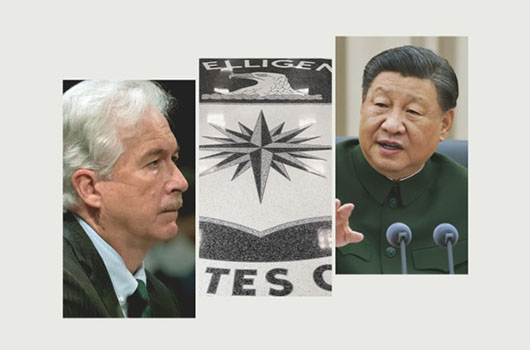FPI / January 3, 2024
After the loss of two dozen agents in China between 2010 and 2012, U.S. intelligence on China comes almost exclusively from electronic means — intercepting phone calls, emails, and other forms of digital communication.

Such signals intelligence can rarely replace human spies in divining an adversary’s true intentions or weaknesses, intelligence analysts say.
Beijing’s spycatchers all but eliminated U.S. human surveillance in China when they systematically rounded up a network of Chinese agents working for the CIA. The assets providing information to the U.S. were executed or imprisoned. Among them were high-ranking Chinese officials.
Human Intelligence (HUMINT) is considered both fundamental and critical in national intelligence capability. The lack of HUMINT in China leaves the U.S. with limited understanding of secret deliberations among Chinese leader Xi Jinping and his inner circle on key security issues such as Taiwan and other topics, the officials said.
The U.S. government has never publicly acknowledged the loss of its Chinese agents between 2010 and 2012.
“Today, U.S. spy satellites closely monitor China’s military deployments and modernization plans, while cyber and eavesdropping tools scoop up vast swaths of Chinese communications. Beyond that, U.S. knowledge of Xi’s plans comes mostly from inference and from parsing his frequent public statements,” the Wall Street Journal reported on Dec. 26, citing current and former U.S. intelligence officials.
“We have no real insight into leadership plans and intentions in China at all,” the Journal cited a former senior intelligence official who until recently read classified reporting as saying.
The $100 billion-a-year U.S. intelligence community is retraining personnel, redirecting billions in budgets from chasing terrorists to retooling expensive spy machinery to focus on adversaries such as China and Russia.
Hamas’s surprise Oct. 7 attack on Israel and the ensuing war in Gaza, and Russia’s invasion of Ukraine have demanded White House attention and intelligence resources, complicating CIA Director William Burns’s drive to ensure China is the top long-term priority.
Full Report . . . . Current Edition . . . . Subscription Information
Free Press International
